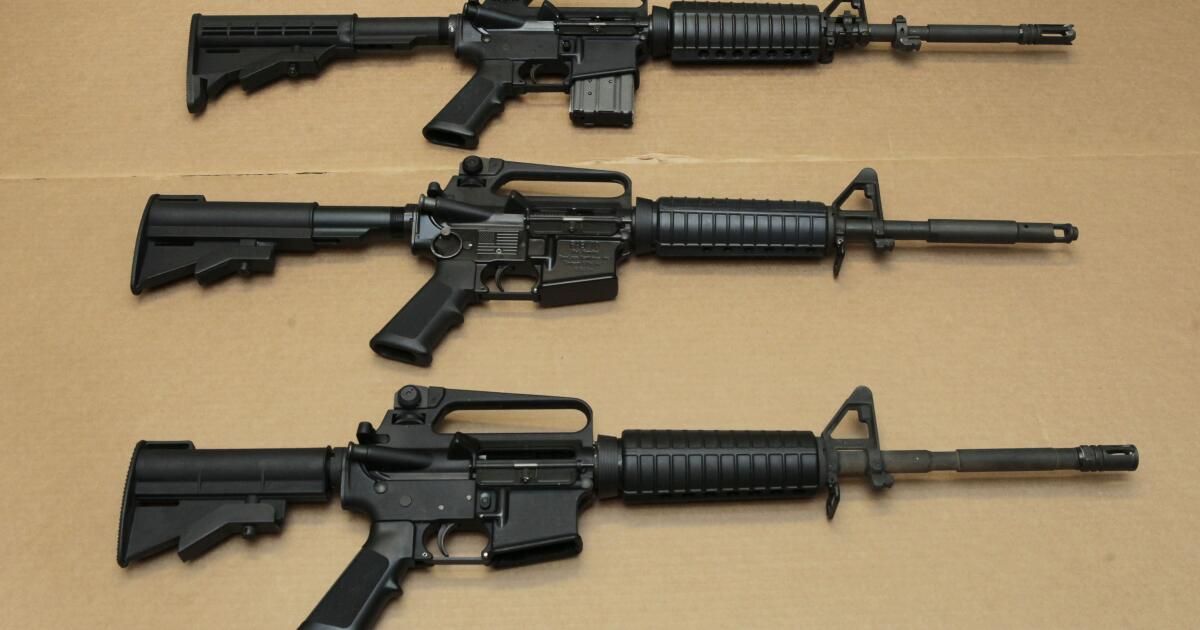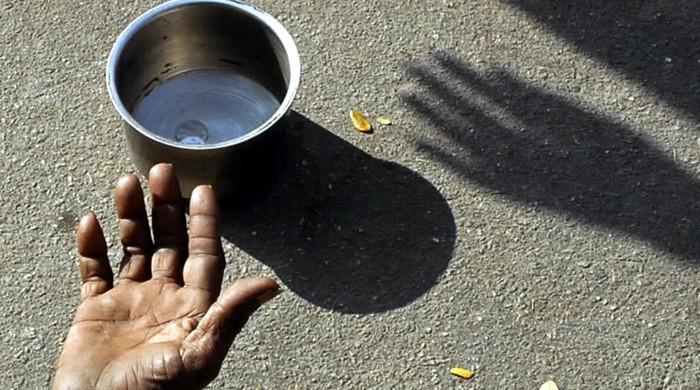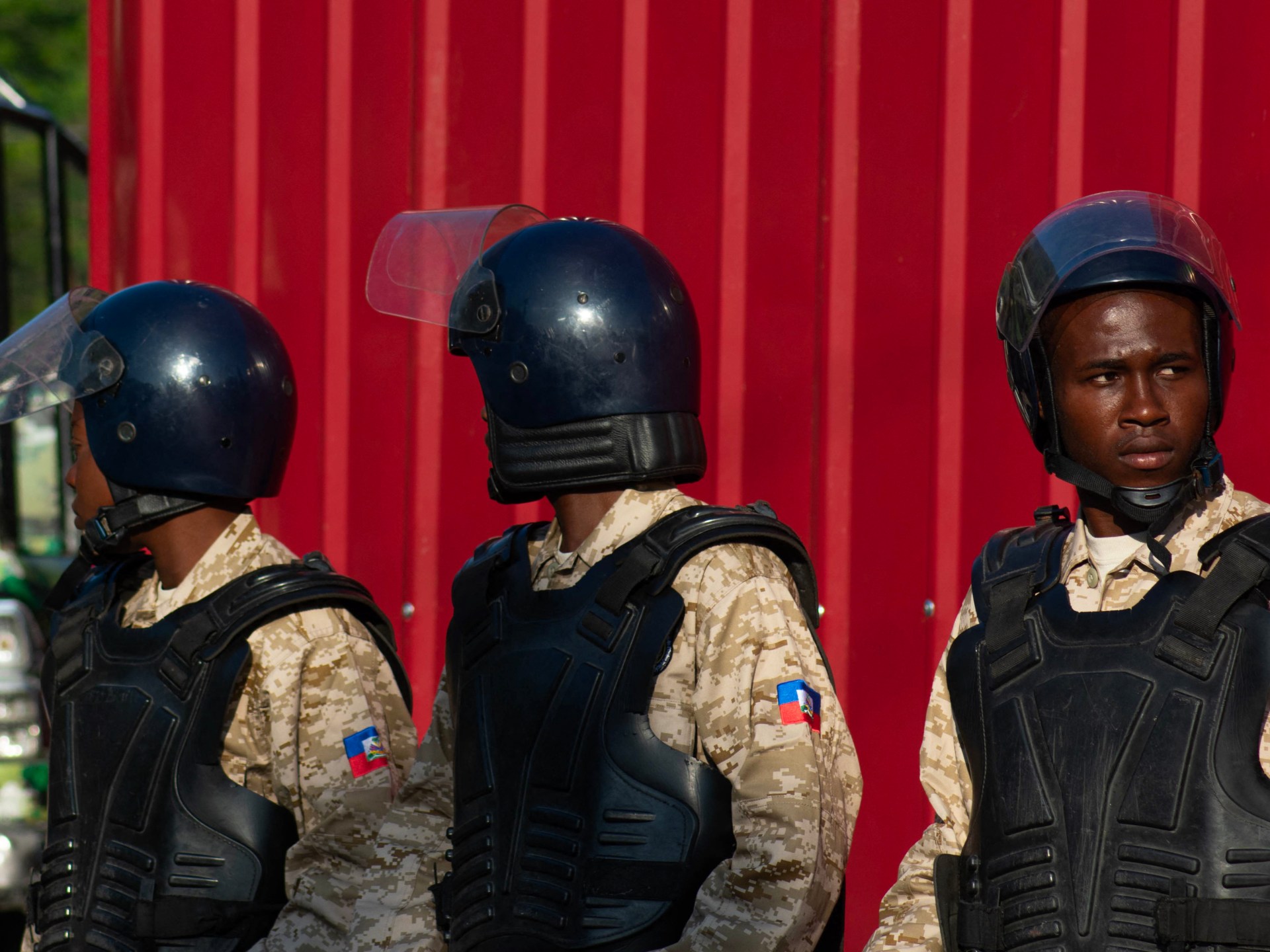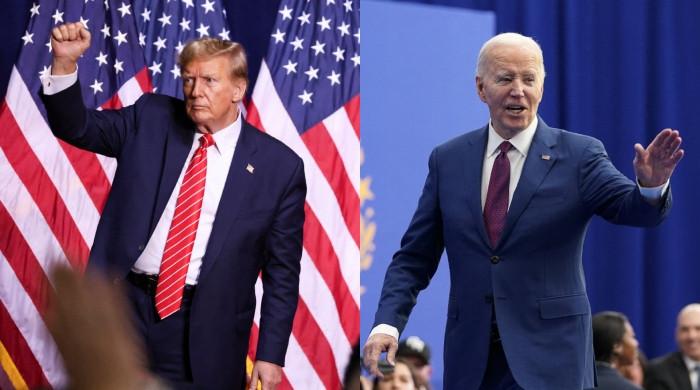The Supreme Court on Tuesday rejected a Second Amendment challenge to Illinois state laws banning the sale of rapid-fire assault weapons.
Justices Clarence Thomas and Samuel A. Alito Jr. dissented.
Had the court granted the appeals, it would also have threatened California's long-standing ban on most rapid-fire assault rifles.
Thomas said the court declined to hear the appeals now because the cases are still pending in lower courts. “I look forward to considering the important issues these petitions present after the cases reach a final judgment,” he wrote.
The majority said Tuesday it would not review a ruling by the 7th Circuit Court of Appeals in Chicago, which in a 2-1 vote refused to block a new Illinois law banning the sale of semi-automatic rifles and pistols, as well as high-capacity magazines.
The measure was enacted last year after a gunman armed with an AR-15-style rifle and 30-round magazines fired 83 bullets in less than a minute, killing seven people and wounding 48, at an Independence Day parade in Highland Park, a Chicago suburb.
The question was whether the state ban on these popular but potentially dangerous weapons violates the Second Amendment and the right to “keep and bear arms.”
When the Supreme Court first upheld individual gun rights in 2008, Justice Antonin Scalia said the Second Amendment protects firearms that are “in common use” but not “dangerous and unusual weapons.”
These comments shape the current debate.
Gun rights advocates say semi-automatic rifles and pistols are in common use. They are among the most popular weapons in this country, they say, and can be used for self-defense and target shooting.
State lawmakers and gun control advocates highlight the danger posed by rapid-fire firearms that can fire dozens of rounds. They describe AR-15-style weapons as weapons of war and the weapon of choice in mass shootings.
In addition to California and Illinois, the states of Connecticut, Delaware, Hawaii, Maryland, Massachusetts, New Jersey, New York and Washington also ban most semi-automatic rifles.
In the past, both Thomas and Justice Brett M. Kavanaugh have dissented from decisions upholding assault weapons bans.
In upholding the Illinois law, Seventh Circuit Judge Diane Wood said courts had historically made a distinction between military-style weapons like the M-16 rifle and guns that were for private use.
“These assault weapons and high-capacity magazines more closely resemble machine guns and military-grade weaponry than the various types of firearms used for individual self-defense,” he wrote in an opinion joined by Judge Frank Easterbrook. “In fact, the AR-15 is almost the same weapon as the M-16 machine gun.”
Separately, the Ninth Circuit Court in San Francisco is considering a Second Amendment challenge to California's assault weapons ban.












